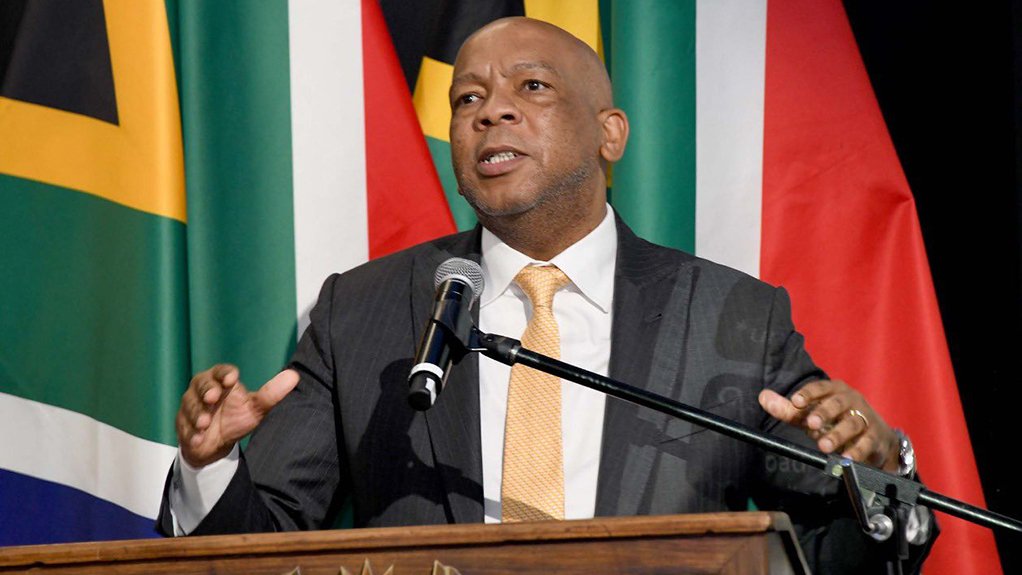Africa, including South Africa, had to be able to fulfil its developmental potential. So highlighted South African Electricity and Energy Minister Dr Kgosientsho Ramokgopa in his keynote address on the first day of the Enlit Africa 2025 conference, being held at the Cape Town International Convention Centre, on Tuesday.
The continent had to be allowed to achieve the development it desired, he affirmed. Africa had to be able to fulfil its potential. Looking at Africa’s resources, these had to be exploited in a shared and mutually beneficial way. Africa had the resources; indeed, the continent was already a major producer of critical minerals. But the developed world had the money.
The challenge was that, for international investors, Africa was seen as a risky place to put their money. Thus, lack of financing meant that, for example, while Africa had 60% of the world’s solar energy potential, it produced only 1% of the world’s solar electricity. “It’s important that we resolve this problem,” he said.
He pointed out that a major theme of multilateral fora was the “energy trilemma”. The first element in this was the need of every country for energy security. The second was the need for access to energy – which itself had two aspects: affordability, and availability (600-million Africans still did not have access to electricity, he highlighted). The third element was environmental sustainability.
Ramokgopa opined that environmental sustainability was receiving too much focus in international debates. He argued that this aspect of the energy trilemma debate would lose credibility if it did not also address the issue of energy availability.
“On the continent, we need to develop our own [energy] transition, with African characteristics,” he stated. “There’s no single [model of] transition.”
He also observed that Africa’s energy consumption was only one-sixth of the global average. But the continent’s electricity demand would triple by 2040.
As for South Africa, if the country was to achieve its desired development, there had to be a conversation around the range of energy options available to it. It was not a matter of renewable energy versus the other forms of energy. “It’s all of the above.”
EMAIL THIS ARTICLE SAVE THIS ARTICLE ARTICLE ENQUIRY FEEDBACK
To subscribe email subscriptions@creamermedia.co.za or click here
To advertise email advertising@creamermedia.co.za or click here











